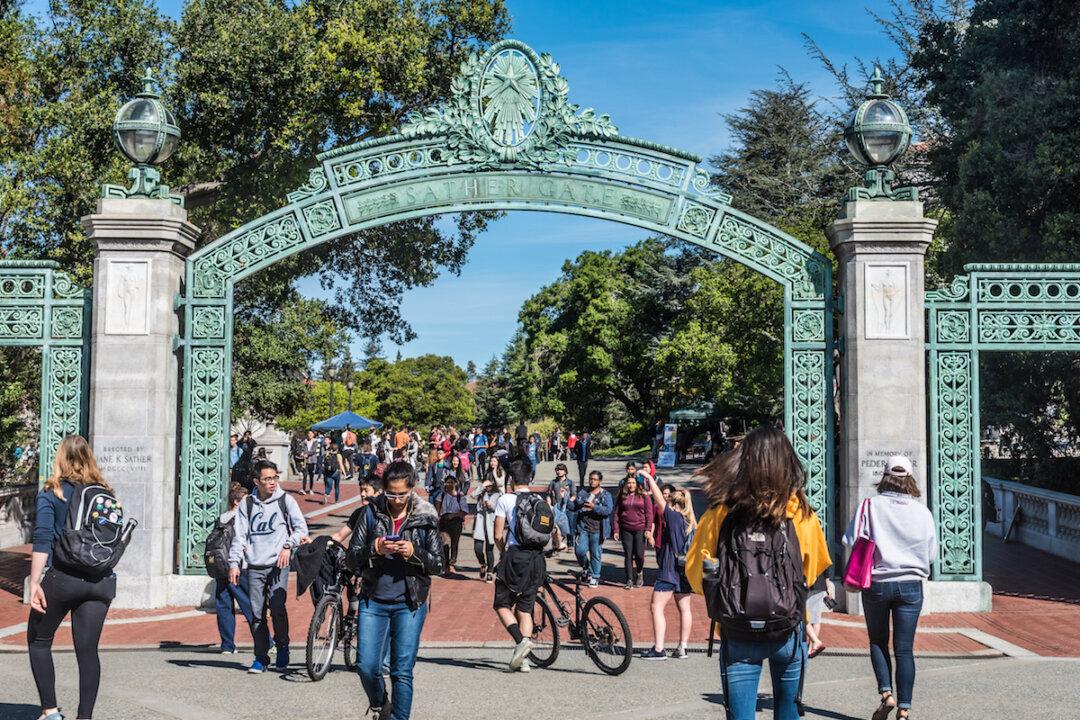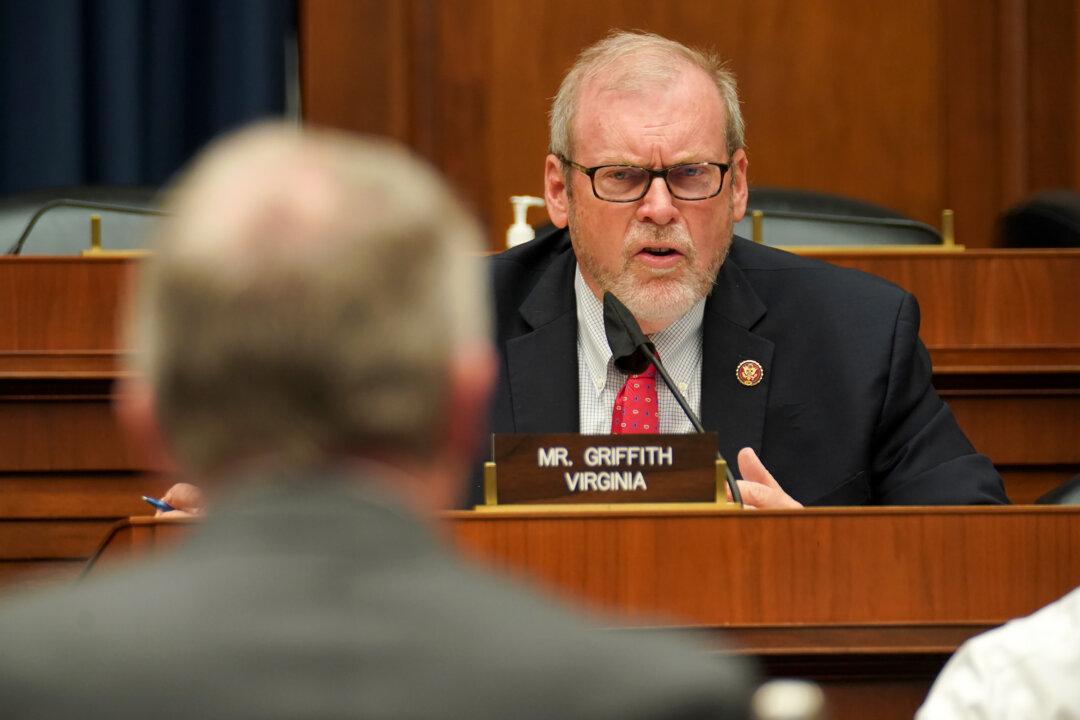The Chinese Communist Party has donated more than $3 billion to U.S. universities over the last 30 years. But that’s the tip of the iceberg, experts say, because the U.S. Department of Education does not consistently enforce the law requiring U.S. schools to report foreign contributions exceeding $250,000.
Such contributions give the CCP and other foreign entities an entrée into American campuses where they conduct influence campaigns and steal intellectual property, some experts and lawmakers allege.





